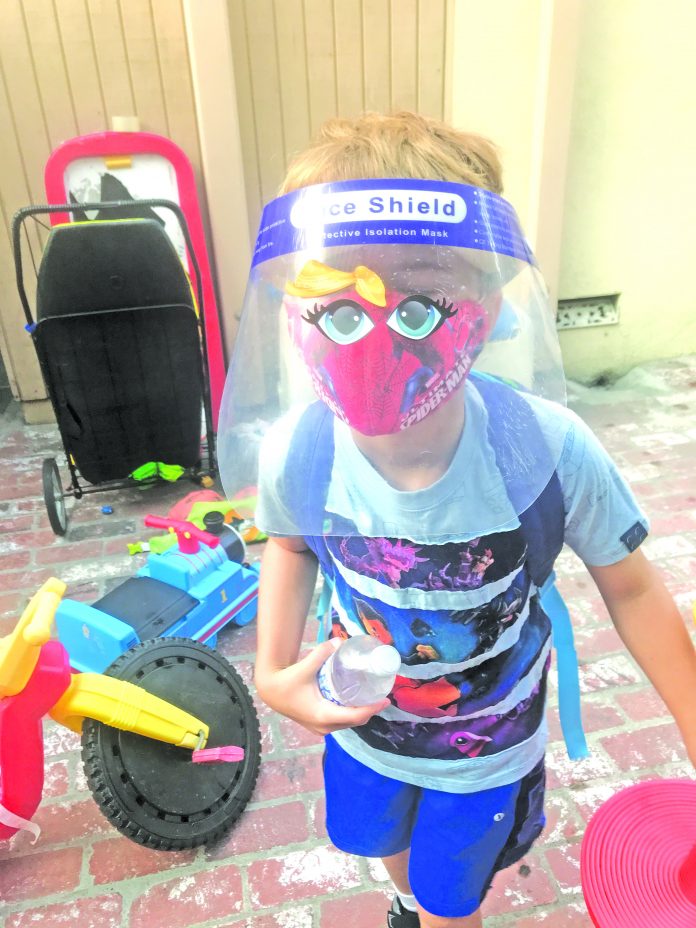By Ioana Pal, PsyD
For the Event-News Enterprise
It’s normal for children to feel anxious about a new school year. But this year may be particularly difficult as many kids are making the adjustment from distance learning to a physical campus, and some may even attend school for the first time.
What Can You Do to Support Your Child?
For adolescents, social contact is important and contributes to identity formation. With the disruption to life that COVID-19 brought, readjustment may take a while. Be patient, observant and encouraging; don’t assume all kids will bounce back automatically.
With extra support your child can have a successful school year. Start with these tips:
• Set clear expectations and repeat as needed, verbally or in writing.
• Welcome and be prepared for questions.
• Be honest about your ability to help and who else may be supportive, including other family members or adults in the community and at school.
• Model and role play hypothetical situations that may come up with the return to school.
• Re-instate schedules (eating and sleeping) two to four weeks before school starts.
• Check with the school at least a week before in case new policies are in effect.
• Set up a tour to visit your child’s school or classroom.
• Familiarize your child with the route to school and/or physical space, especially if they’re new to in-person learning.
• Pair your child with a friend for the first week to decrease isolation and improve their chance of socialization from the start.
• Get your child extra support if they’re behind academically.
• Find a support system to lean on during this transition.
Identifying Anxiety or Depression
Children as young as 3-years-old can experience anxiety and depressive symptoms. In fact, more than 20 percent of adolescents experience mental health problems.
Anxiety and depression can look very similar in children. Common signs include:
• Physical symptoms, such as headaches or stomachaches
• Restlessness
• Expressing more negative thoughts
• Anger
• Moping/pouting (out of character)
• Sleeping more or less than usual
• Refusal to engage in specific or previously enjoyed activities
• Being clingy and refusing to leave parents or home
• Fearful of being outside
• Difficulties separating from electronics (more than typical)
• Eating more or less than usual
Some anxiety is normal, but if after a few weeks it persists, you should consult with a school counselor, school psychologist or other mental health professional. Seek professional help if your child is having a difficult time making friends, talking to peers, asking questions or behaving in unusual ways.
You can find additional back-to-school resources from the experts at Miller Children’s & Women’s by visiting millerchildrens.org/School.
About the Author: Dr. Pal works for the Stramski Children’s Developmental Center at Miller Children’s & Women’s Hospital Long Beach. Dr. Pal and the Stramski Center are available to help connect families to mental health services and other resources in the community as needed. Learn more about the services offered at the Stramski Center.

